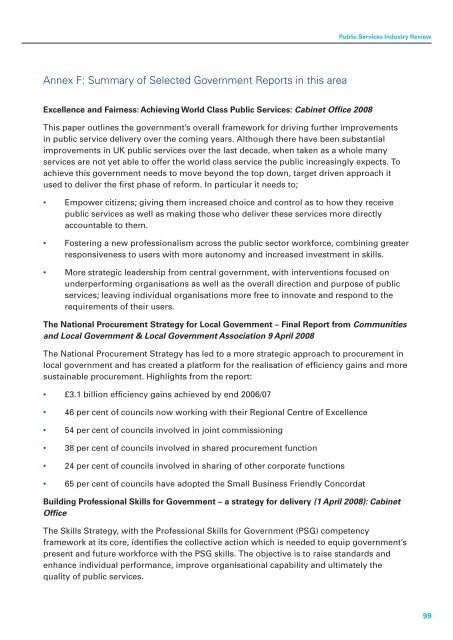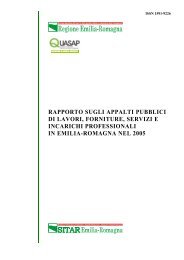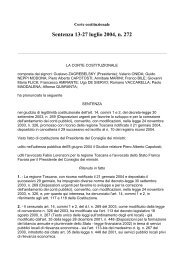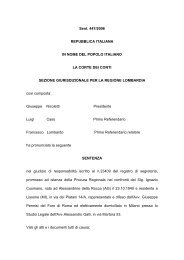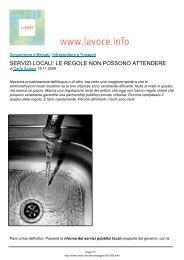Understanding the Public Services Industy
Understanding the Public Services Industy
Understanding the Public Services Industy
Create successful ePaper yourself
Turn your PDF publications into a flip-book with our unique Google optimized e-Paper software.
<strong>Public</strong> <strong>Services</strong> Industry Review<br />
Annex F: Summary of Selected Government Reports in this area<br />
Excellence and Fairness: Achieving World Class <strong>Public</strong> <strong>Services</strong>: Cabinet Office 2008<br />
This paper outlines <strong>the</strong> government’s overall framework for driving fur<strong>the</strong>r improvements<br />
in public service delivery over <strong>the</strong> coming years. Although <strong>the</strong>re have been substantial<br />
improvements in UK public services over <strong>the</strong> last decade, when taken as a whole many<br />
services are not yet able to offer <strong>the</strong> world class service <strong>the</strong> public increasingly expects. To<br />
achieve this government needs to move beyond <strong>the</strong> top down, target driven approach it<br />
used to deliver <strong>the</strong> first phase of reform. In particular it needs to;<br />
•<br />
•<br />
•<br />
Empower citizens; giving <strong>the</strong>m increased choice and control as to how <strong>the</strong>y receive<br />
public services as well as making those who deliver <strong>the</strong>se services more directly<br />
accountable to <strong>the</strong>m.<br />
Fostering a new professionalism across <strong>the</strong> public sector workforce, combining greater<br />
responsiveness to users with more autonomy and increased investment in skills.<br />
More strategic leadership from central government, with interventions focused on<br />
underperforming organisations as well as <strong>the</strong> overall direction and purpose of public<br />
services; leaving individual organisations more free to innovate and respond to <strong>the</strong><br />
requirements of <strong>the</strong>ir users.<br />
The National Procurement Strategy for Local Government – Final Report from Communities<br />
and Local Government & Local Government Association 9 April 2008<br />
The National Procurement Strategy has led to a more strategic approach to procurement in<br />
local government and has created a platform for <strong>the</strong> realisation of efficiency gains and more<br />
sustainable procurement. Highlights from <strong>the</strong> report:<br />
•<br />
•<br />
•<br />
•<br />
•<br />
•<br />
£3.1 billion efficiency gains achieved by end 2006/07<br />
46 per cent of councils now working with <strong>the</strong>ir Regional Centre of Excellence<br />
54 per cent of councils involved in joint commissioning<br />
38 per cent of councils involved in shared procurement function<br />
24 per cent of councils involved in sharing of o<strong>the</strong>r corporate functions<br />
65 per cent of councils have adopted <strong>the</strong> Small Business Friendly Concordat<br />
Building Professional Skills for Government – a strategy for delivery (1 April 2008): Cabinet<br />
Office<br />
The Skills Strategy, with <strong>the</strong> Professional Skills for Government (PSG) competency<br />
framework at its core, identifies <strong>the</strong> collective action which is needed to equip government’s<br />
present and future workforce with <strong>the</strong> PSG skills. The objective is to raise standards and<br />
enhance individual performance, improve organisational capability and ultimately <strong>the</strong><br />
quality of public services.<br />
99


